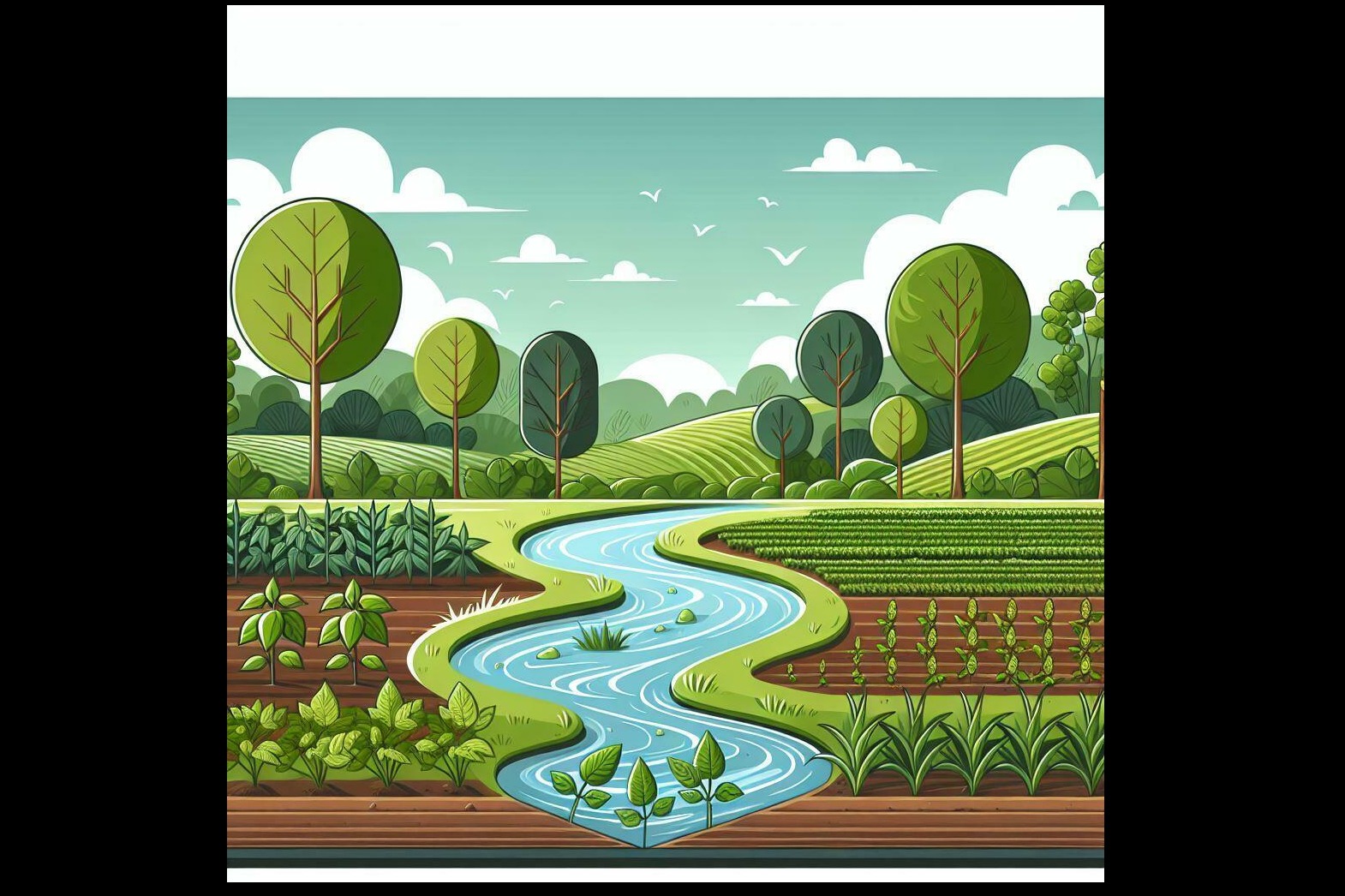Join us to explore how nature can inspire circular economy solutions. Discover innovative strategies to reduce waste, boost biodiversity, and promote sustainable growth through Nature-based Solutions.
- bioeconomy | circular economy | environmental impact | management of resources | sustainable economic growth strategy | waste management
- Friday 13 June 2025, 14:00 - 15:30 (CEST)
- Online only
- Live streaming available
Practical information
- When
- Friday 13 June 2025, 14:00 - 15:30 (CEST)
- Where
- Online only
- Livestream
- Starts on Friday 13 June 2025, 14:00 (CEST)
- Languages
- English
- Part of
Description

Nature-based solutions (NbS) are increasingly recognised as a vital component in the transition towards climate resilience, particularly in water reuse, resource management, and agriculture. These solutions leverage natural processes to address environmental challenges while providing multiple benefits to both ecosystems and human societies.
NbS are already being implemented in various sectors, such as:
- Urban green infrastructure: cities are incorporating green spaces, urban forests, and vertical gardens to enhance biodiversity, improve air quality, and manage stormwater. vertical gardening can also contribute to local food production, water reuse, and community engagement.
- Sustainable agriculture: climate-smart agriculture and agroforestry practices are being adopted to improve soil health, reduce water consumption, increase carbon sequestration, and enhance crop resilience. These approaches help close nutrient cycles and reduce waste in food production.
- Water infrastructures: solutions such as constructed wetlands, riparian buffers, and managed aquifer recharge techniques support risk mitigation, while also enhancing water resource availability and quality for both ecosystem conservation and water reuse.
An important question remains: how do NbS support the circular economy? Can NbS drive job creation and boost income while supporting climate and sustainable development goals? What are the knowledge and technologies that need to be addressed to improve the monitoring and effectiveness of NbS outcomes (under this circular approach)? Are NbS cost-effective compared to traditional engineered solutions, especially when considering long-term benefits?
The CARDIMED, NATMed, and DesirMED projects, three different EU-funded research and innovation initiatives, are working to answer these questions and many more on how we can work with nature. During this session, you will discover real case studies of NbS implementations across the Mediterranean, demonstrating that NbS have significant potential to support and enhance circular economy practices.
Their ability to address multiple challenges simultaneously, from climate change to resource efficiency, makes them a valuable tool in the transition towards sustainability. However, realising this potential requires overcoming implementation barriers, improving measurement and governance frameworks, and ensuring that NbS are designed and executed with biodiversity and social equity in mind.
